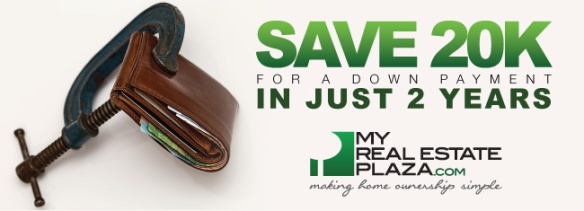
As you come to the end of the year and you start to think about planning for 2017 one of the simplest ways to make next year a great year is to improve your goal setting. Here are three tips about setting goals which will increase your probability of success.
Write Them Down And Share Them
Hard to believe but it’s true. Just the act of writing down your goals and sharing them increases the probability of achieving them.
According to the research by Dr. Gail Mathews, at Dominica University, her studies show that if you write your goals down, you increase your probability of achieving them by 44%.
And even better, if you share them, you increase your chances of success by 78%.
Now who wouldn’t want to benefit from that.
Keep Your Goals To a Minimum
To many people get goal fever and end up setting themselves far too many goals for themselves or their companies. When that happens people become overwhelmed and they start to lose focus, because when everything becomes a priority, nothing is a priority.
We often recommend keeping goals to a maximum of three.
We know that doesn’t sound like a lot, but big goals tend to have the habit of breaking down into many smaller goals, and if you set more than three goals when that happens you can end up back in the situation where you have too many goals.
Keep your focus and keep your goals to a minimum.
Set smart goals
Finally, set SMART Goals, these are Specific, Measurable, Achievable, Relevant, and Timely.
We love to set bold goals, but they need to be achievable. Setting impossible goals just leads to frustration and demotivation.
Stretch goals are great, but you need them to be bounded by reality.
The goals also need to be relevant to your overall strategy or vision, if they’re not then they just become a distraction, even if you successfully achieve them.
You need to make sure that the goals we define are specific. That they are as clear as possible, with little to no ambiguity. They need to be time-bound so that you know exactly when they need to be achieved as that allows us to put the right plan in place to achieve them.
If you want to generate $200k revenue in your business, the plan to do it is different if you want to achieve that in six months compared to 12-months, so make sure they are time bound so you can create the right plan.
The goals also need to be measurable, and this is important for three reasons.
1) if you can’t measure it how will you know whether you have been successful or not.
2) how can you track and monitor your performance so that you can make the right adjustments if you start to fall behind schedule. The answer is you can’t.
3) With no progress tracking, you lose the opportunity to increase motivation as you start to see progress being made and the finishing line starts to come into sight.
The better your goal setting the higher the probability of you achieving them.
Let’s make 2017 great by setting great goals.
Source: inc.com by Gordon Tredgold
Myrealestateplaza.com









